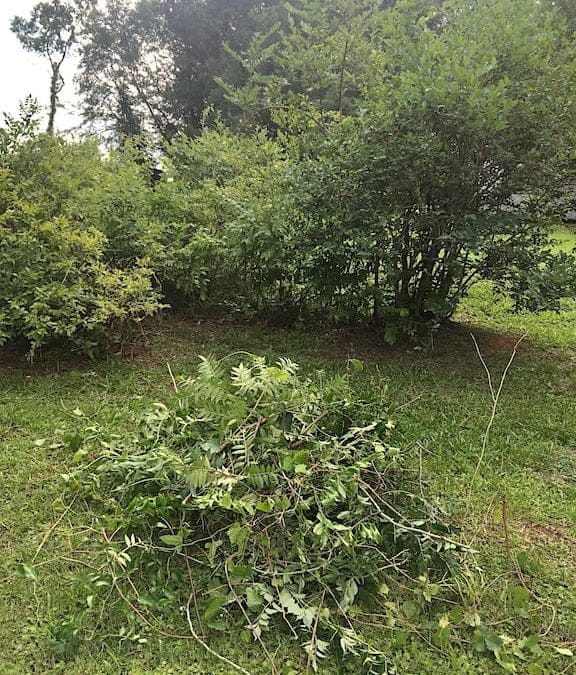The first stories I can remember hearing as a child were from Joel Chandler Harris’ collection of African American folktales as told by a fictional character known as Uncle Remus. Harris became a respected journalist in Atlanta during the post-reconstruction era, but as a young man born into poverty he had worked for some time on a plantation near Eatonton, Ga.

Eatonton, Georgia, where Joel Chandler Harris worked on a plantation, commemorates it with an Uncle Remus Museum.
On the plantation Harris listened intently to trickster tales told among slaves. Later he collected the tales and framed them as stories told by Uncle Remus, a jovial old freedman who enjoyed entertaining children. Although Harris’ stated intent was to illustrate the struggles going on in the south — with much sympathy for African Americans — many would later consider the tales to be racist because Harris imbued Uncle Remus with the dialect he heard on the plantation, and some thought Uncle Remus was too much of an “Uncle Tom.”
None of those issues occurred to me as a boy. I just loved the stories, and the way my mother or grandmother would give Br’er Rabbit or “Br’er Fox” or “Br’er Bear” distinctive voices. Br’er Rabbit was always the sly hero, representing oppressed people, who could overcome apparent obstacles through cleverness. In this he was not unlike popular Hebrew heroes like Jacob acquiring flocks from Laban, left-handed Ehud assassinating the Moabite king with a hidden sword, Jael lulling Sisera to sleep and driving a tent peg through his head, or Esther pulling the rug from under the villainous Naaman.
 We love stories of overachieving underdogs, and my favorite was always the one in which Br’er Fox finally caught Br’er Rabbit, but the brainy bunny got away by persuading angry Br’er Fox that the worst he could do to him was to fling him into the middle of a large briar patch — which was exactly where he wanted to be.
We love stories of overachieving underdogs, and my favorite was always the one in which Br’er Fox finally caught Br’er Rabbit, but the brainy bunny got away by persuading angry Br’er Fox that the worst he could do to him was to fling him into the middle of a large briar patch — which was exactly where he wanted to be.
 I loved Br’er Rabbit but hated briar patches, and still do. Indeed, what put me on this track was a morning spent clearing briars and cow-itch vines from the patch of blueberry vines behind my father’s house. As a boy, I chopped bermuda grass out of the peas and butterbeans in a much larger swatch of the same ground, now a lawn.
I loved Br’er Rabbit but hated briar patches, and still do. Indeed, what put me on this track was a morning spent clearing briars and cow-itch vines from the patch of blueberry vines behind my father’s house. As a boy, I chopped bermuda grass out of the peas and butterbeans in a much larger swatch of the same ground, now a lawn.
I know that briars have a role to play in the environment. In the wild, they provide shelter to birds and other small critters — like rabbits — but among the blueberries they are a scourge, so I cleaned them out. In the long run it matters little. My dad is 91 and can no longer walk out through the yard. If he did, he’d find that the white-tail deer are eating all the berries within reach.
But I refuse to give in. Whether there are blueberries left for me to pick or not, I refuse to give them over to the brambles and vines and sweetgum saplings.
It’s not unlike my life or yours, I suppose. We like the idea of being known for our clean living and loving behavior that produces what Paul called “spiritual fruit.” If we don’t stay on guard, however, thorny attitudes or unhealthy behaviors keep creeping in. Without ongoing efforts to clean them out, they’ll take over and turn us into prickly people who care only for ourselves.
A Disney-fied Br’er Rabbit happily sang that he was “born and bred in de briar patch,” which may be as good an image of our own selfish and sinful nature as any — but is that where we want to stay?


